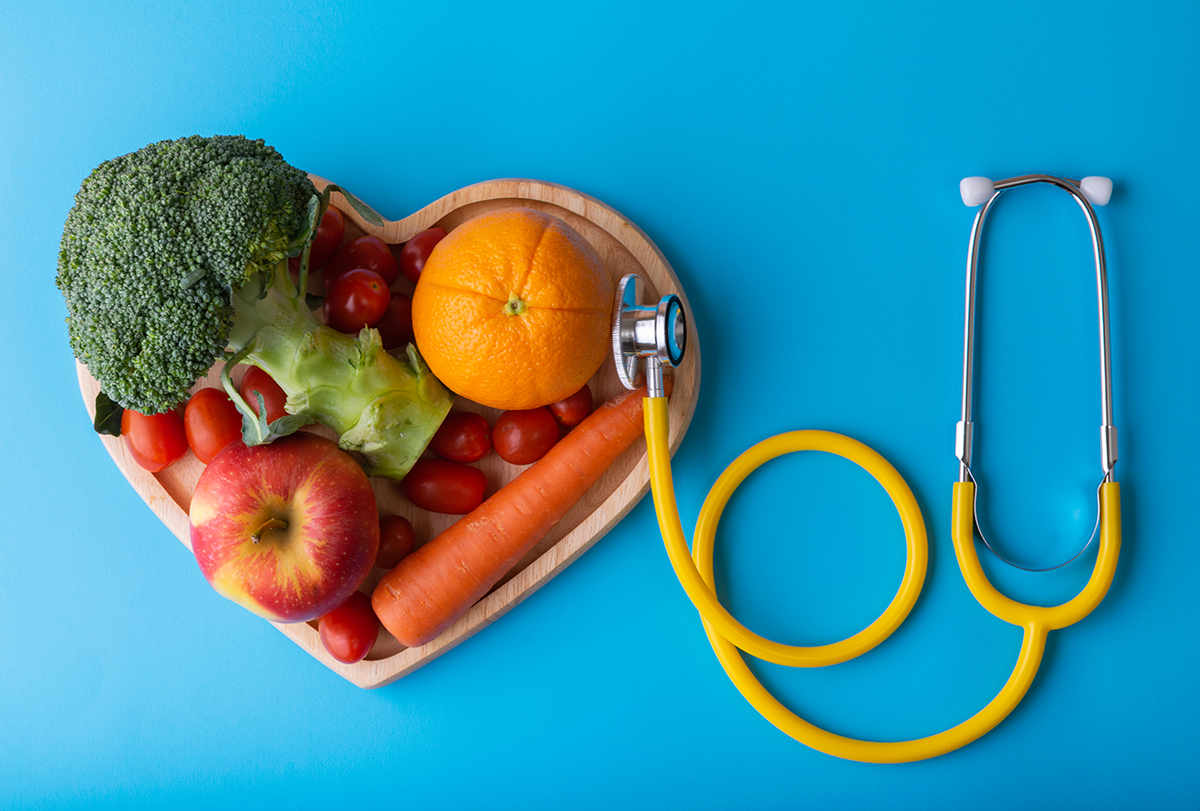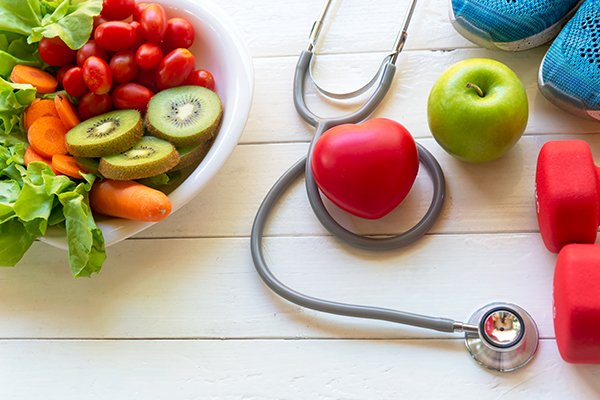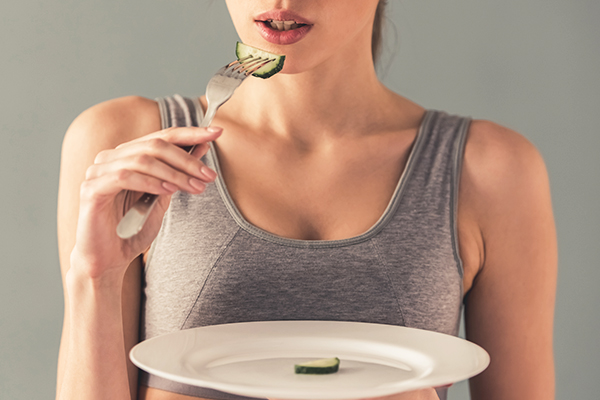In this article:
Hypotension, or low blood pressure, is just as it sounds – when blood pressure is lower than usual. As the heart pumps, blood flows through the arteries, pushing against their walls to induce pressure, which is referred to as blood pressure. This blood carries oxygen and nutrients throughout the body to enable various physiological functions that make life possible.

Hypotension is dangerous because it can decrease the amount of blood flow to the organs, limiting the oxygen supply needed to make them work properly. Normal blood pressure is less than 120/80mmHg, whereas low blood pressure is below 90/60 mm Hg. (1)
Causes of Low Blood Pressure
Some people have low blood pressure but don’t have any symptoms. In others, low blood pressure is caused by different health conditions such as diabetes, dehydration, pregnancy, and taking medication meant to decrease high blood pressure, among others. Older adults are often most at risk for developing hypotension.
Some symptoms of hypotension are:
It is essential to slow down when these symptoms arise. It is also necessary to consult a doctor if any of these symptoms persist.
A good tip is to regularly check your blood pressure to become aware of what your normal level is and when to see a doctor. Sometimes, the symptoms can go away after a few minutes, but see a doctor if it persists.
Dietary Recommendations for Low Blood Pressure Management
These dietary tips can help manage and prevent low blood pressure.
1. Vitamin B12

Vitamin B12 is a water-soluble vitamin that is present only in animal products. In addition to playing roles in DNA synthesis and the nervous system, vitamin B12 is necessary for making red blood cells. The deficiency of vitamin B12 can lead to anemia and low blood pressure. (4)
Pernicious anemia is an autoimmune disorder where the body lacks intrinsic factor, a protein necessary to absorb vitamin B12. People with pernicious anemia typically get B12 shots or pills.
Vitamin B12 is found only in animal products such as eggs, dairy, fish, and meats. Thus, it is essential to add these foods to the diet regularly. For people who are vegans or vegetarians, vitamin B12 supplements are necessary. Always check with your doctor before supplementing.
2. Salt
Where salt goes, water goes. Increasing salt intake makes the blood hold onto more fluids, increasing blood volume and consequently increasing blood pressure.
It is important to remember that too much or excess salt intake can increase the risk of hypertension and can lead to stroke or heart failure. Adding foods such as smoked fish, olives, and certain cheeses can help increase blood pressure.
3. Caffeine

Caffeine is a stimulant and can increase blood pressure when consumed. (5) Similar to increased salt intake, too much caffeine can lead to high blood pressure, stroke, or heart failure.
Caffeine should be drunk sparingly or as a morning drink only because overconsumption of caffeine can be detrimental.
4. Fluids
Drinking more water can help increase blood pressure. Low blood pressure is often caused by low blood volume, and drinking water will increase blood volume and increase blood pressure. (6)
It is essential to drink enough water throughout the day to stay hydrated. A good starting point is to aim for at least 64 oz of water a day or 4 (16 fl oz) water bottles a day and go up from there. More active individuals should drink more water to prevent dehydration.
5. Beans

Beans contain folate (B9), which is essential for the production of red blood cells. A folate deficiency can cause a lack of red blood cells (anemia).
A diet rich in beans, citrus fruits, eggs, and dark leafy green vegetables not only adds complex carbohydrates and fiber to the meal but also aids in preventing anemia and low blood pressure.
Lifestyle Changes to Improve Hypotension

Here are some tips to prevent or improve low blood pressure:
- Limit your intake of alcohol as it works as a diuretic that can dehydrate your body over time, ultimately causing hypotension.
- Don’t rush through your meals, but chew them properly and slowly.
- If your body goes without food for a long interval, your blood pressure might plummet in that duration. And when you eat, your body has to work extra hard to digest larger meals, which can also cause a drop in blood pressure. This is why instead of going for the traditional breakfast, lunch, and dinner, you should eat 4–5 small-sized meals at short intervals to sustain your body’s energy levels throughout the day. For the same reason, it is very important that you do not skip meals, which can trigger fatigue, kidney stress, and nausea, all of which contribute to hypotension.
- Eat a balanced diet including all the essential micronutrients and macronutrients to maintain healthy blood pressure.
- Drink plenty of water (at least 7–8 glasses) throughout the day to keep your body properly hydrated.
- Stay active by engaging in different forms of exercise regularly. You can do brisk walking, yoga, swimming, or light stretching exercises to keep your blood pressure within the healthy range.
- You can also ask your doctor to recommend appropriate nutritional supplements that can help raise your energy and blood pressure levels.
Can Reducing Meal Size and Increasing Meal Frequency Improve Hypotension?

Decreasing meal sizes and switching to smaller portion sizes can help decrease hypotension. Slowing down to eat the food doesn’t just enhance the enjoyment of the meal but also prevents considerable drops in blood pressure.
This is another reason not to skip meals as it could cause hypotension. If you have to fast for any reason, speak with a doctor beforehand.
Final Word
Hypotension can be just as severe as hypertension. Regularly monitoring your blood pressure can help you understand what is normal for you.
A diversified but balanced diet ensures you get all the minerals and vitamins and macronutrients needed for good health. It is recommended to always consult a doctor when something is off.
- Was this article helpful?
- YES, THANKS!NOT REALLY


